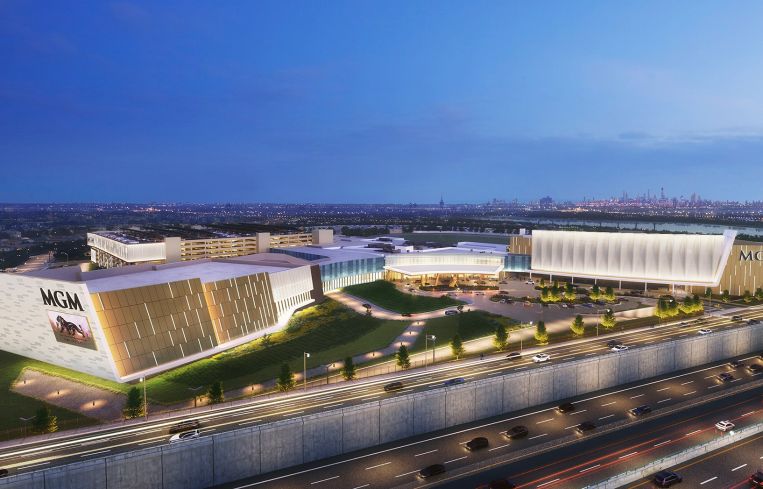MGM Empire City in Yonkers First New York Casino Bid to Pass Key Committee
All the Manhattan proposals vying for a downstate license were rejected last week
By Mark Hallum September 25, 2025 10:57 am
reprints
There’s finally at least one tentative winner in the competition for three available casino permits in New York, but it’s not in the five boroughs.
After the three Manhattan casino proposals were killed in committee over the last two weeks, MGM Empire City in Yonkers is the first to move to the next phase of the approval process, as the Community Advisory Committee (CAC) voted “yes” on Thursday morning.
The CAC voted 5-0 in favor of advancing MGM’s proposal to the New York Gaming Facility Location Board, which will make a final decision on awarding the license in December.
“One important point I want to make is that we see how smooth and successful our process was here in Yonkers, and compared to some of the applicants in New York City, that wasn’t the case,” CAC member Frank Jereis said during the vote. “Here in Yonkers, we have stability with Mayor Mike Spano. Mayor Spano not only brought every community stakeholder together, but he did it early and effectively with the stability that New York City simply doesn’t have. Hopefully MGM will get the full table gaming license, and it will undoubtedly be a successful project and casino for years to come.”
Proposals for the three potential Manhattan casinos – Caesars Palace Times Square, The Avenir on the far West Side and Freedom Plaza near the United Nations – were all voted down by their respective CACs.
MGM Empire City had the advantage of already being a “racino,” a racetrack with slot machines.. If MGM Empire City is awarded a permit by the New York State Gaming Commission, it will have approval to transform the Yonkers site into a Las Vegas-style casino with card table games. The three Manhattan proposals would have all built a casino from scratch.
MGM has proposed spending $2.3 billion to convert its current facility at 810 Yonkers Avenue into a 863,500-square-foot gaming, racing and entertainment venue, including $100 million provided by the developers for infrastructure upgrades such as green space and traffic mitigation.
CAC Chair James Cavanaugh expressed concern that without a full casino license, the racino established in 1899 — the site of Seabiscuit’s victories in 1936 and 1937 — could “wither and die,” leaving Yonkers without $30 million a year in direct taxes and 700 local families without employment income from the facility.
Mark Hallum can be reached at mhallum@commercialobserver.com.



